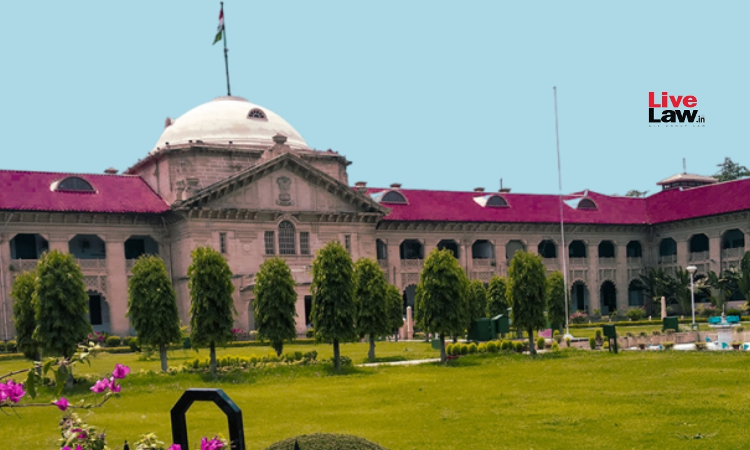Allahabad High Court Quashes DM's "Indefinite Blacklisting" Order For Violation Of Natural Justice, Imposes Rs One Lakh Cost
Upasna Agrawal
29 May 2024 2:49 PM IST

Next Story
29 May 2024 2:49 PM IST
The Allahabad High Court has imposed a cost of Rs. 1 Lakh on District Magistrate for blacklisting petitioner for an indefinite period without giving an opportunity of hearing. The Court held that blacklisting/ debarment cannot be done for an indefinite period. Such period must be proportional to the offence committed by the party, held the Court.The bench comprising of Justice Anjani Kumar...
